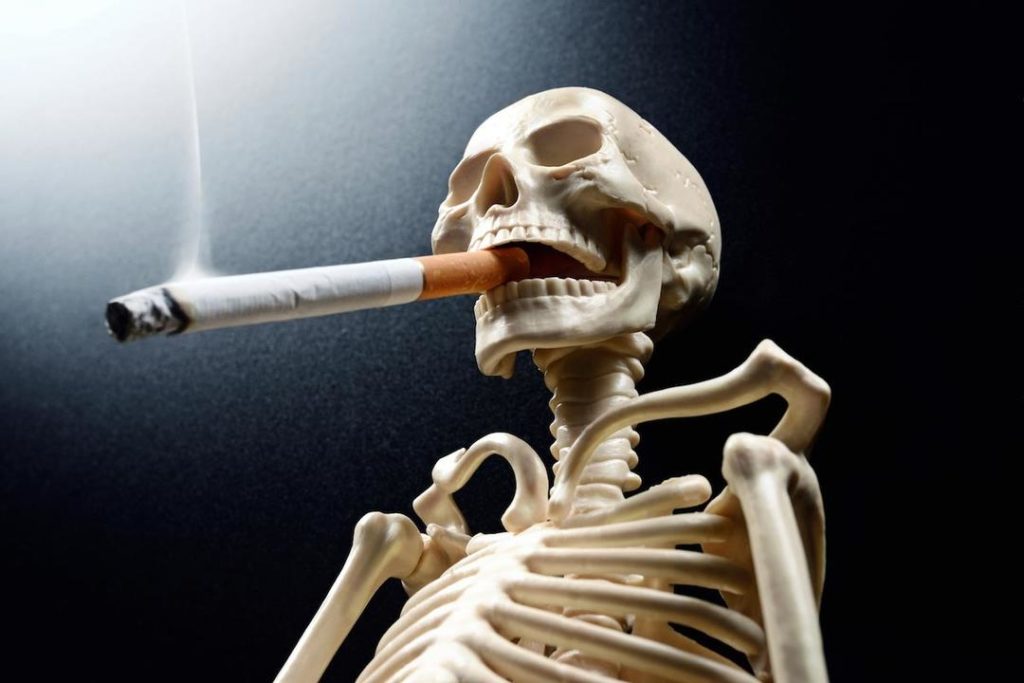
Contents
Effects of Tobacco
Tobacco use is a potent risk factor for many human diseases and conditions including oral cancer, cardiovascular and pulmonary diseases and it has a major deleterious effect on population health. Tobacco is deadly in any form or disguise. Quality of Life:- Poor health, in general, curtails quality of life by preventing a smoker from enjoying most forms of physical activities and recreation.
- Increased risks of various cancers including that of urinary bladder, kidney, and pancreas. Huge medical bills are the added cost.
- Poor blood circulation in legs, caused by smoking, can cause pain, ulcers, and even gangrene – that may require amputation.
- Smoking causes a lot of coughing with phlegm (mucous)
- Smokers have trouble breathing because smoking damages the lungs
- Tobacco can cause emphysema (lung disease) and lung cancer
- If you have asthma, you can have more frequent and more serious attacks
- Nicotine, the drug that makes tobacco addictive, goes to your brain very quickly
- Nicotine makes you feel good when you are smoking, but it can make you anxious, nervous, moody, and depressed after you smoke. Using tobacco can cause headaches and dizziness.
- Smoking causes dry, yellow skin and wrinkles. The smell sticks to your skin
- Your fingernails and the skin on your fingers may have yellow staining from holding cigarettes. Hair holds on to the smell of tobacco long after you put your cigarette out. It even clings to nonsmokers.
- It stains your teeth and gives you bad breath.
- It ruins some of your taste buds, so you won’t be able to taste your favorite foods as well.
- It causes bleeding gums (gum disease) and cancers of the mouth and throat.
- Restricted blood flow can affect a man’s ability to get an erection. Both men and women who smoke may have difficulty achieving orgasm and are at higher risk of infertility.
- Women who smoke may experience menopause at an earlier age than non-smoking women. Smoking increases a woman’s risk of cervical cancer.
- Smokers experience more complications of pregnancy, including miscarriage, problems with the placenta, and premature delivery.